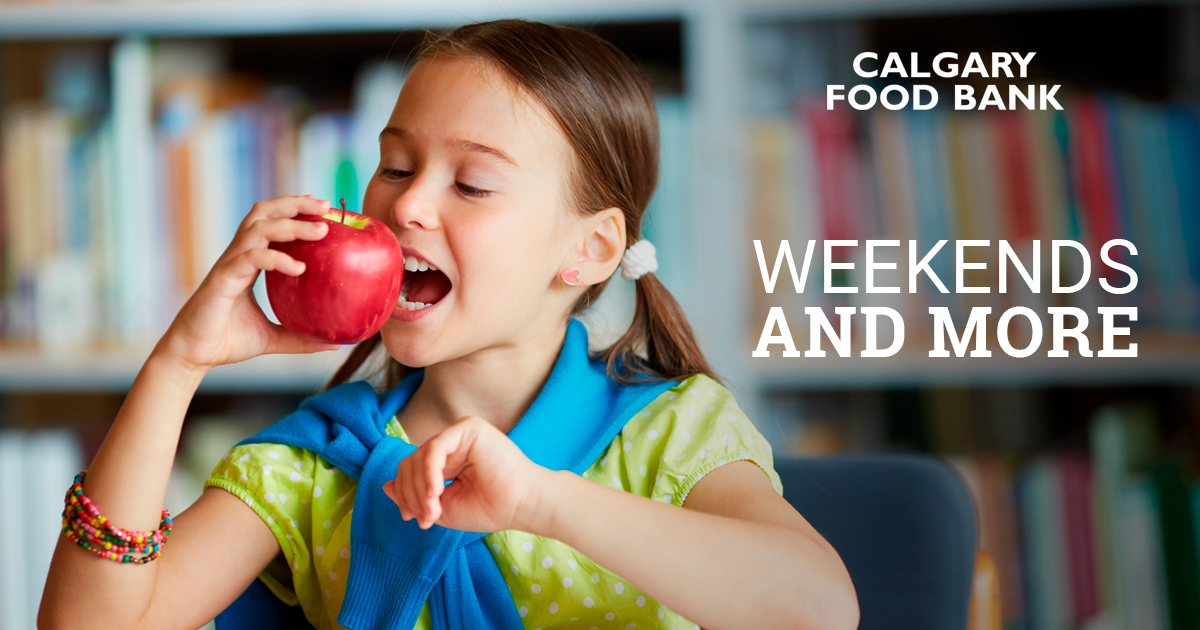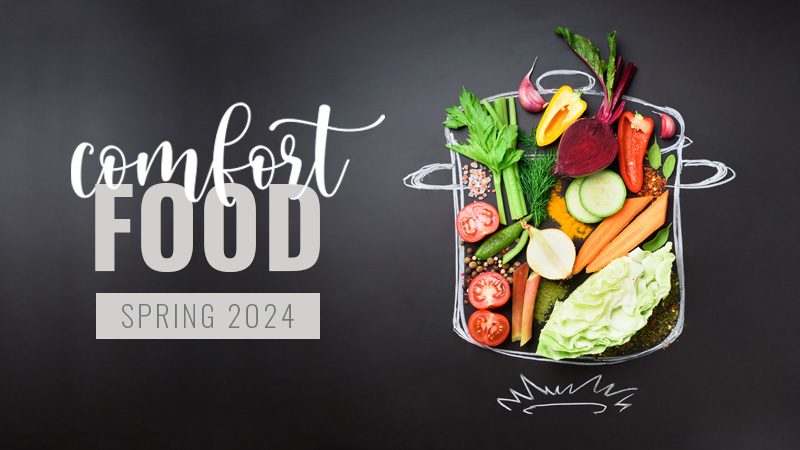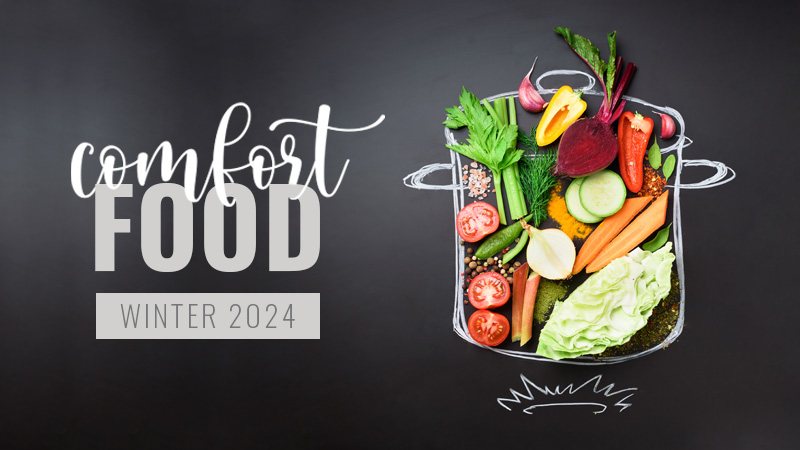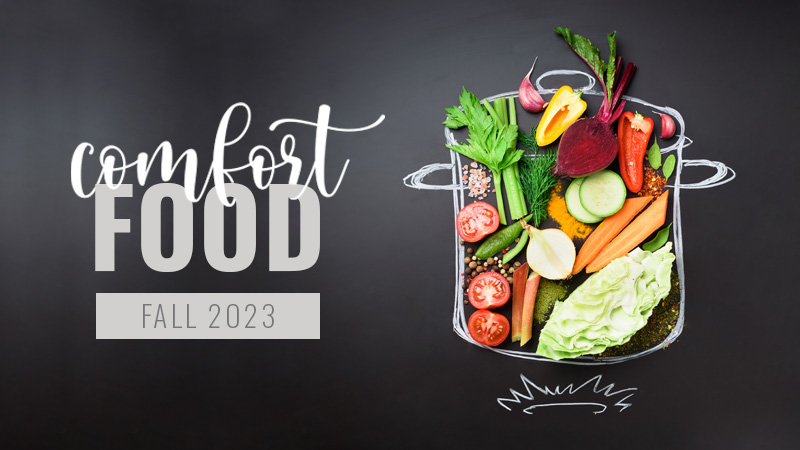Community Liaison | Blog
Weekends and More

The Weekends and More Program provides students in food insecure households with nutritious food that requires limited to no preparation and discreetly fits into their backpack to take home for the weekend. The program creates a point of connection for food insecure households to access support focused on the root causes of their food insecurity.
In the summer of 2022, we reviewed the Weekends and More Program. Program reviews are conducted on an annual basis at the Calgary Food Bank to improve program delivery, program impact, and align our services with academic research. As result of the program review, we have identified key areas of focus for the next year:
1. While students are the target population of this program, we will be working to expand the support that we provide to their families. We recognize that while children experience higher rates of poverty than the general population, children are less likely to experience the effects of hunger in a food-insecure household.
2. Modify the student enrollment forms to better understand how food insecurity presents in schools and how teachers identify students that are the best fit for the program.
3. Modify the exit form to better understand why students no longer need to access the Weekends and More Program.
Throughout this program review, we have been working with Céileann Regan and Charity Alcocer, two Public Health Dietitians to better understand food insecurity among students and their families, and the strengths and challenges associated with school backpack programs.
Tell us about what you do with Alberta Health Services
As Public Health Dietitians we provide nutrition and public health expertise to community partners. This involves supporting healthy food environments in various sectors such as schools and other public spaces and translating nutrition knowledge and research into practical guidance for different populations. We also support organizations to explore ways to promote health for individuals and groups who experience barriers to healthy eating.
What is one thing you wish more people knew about food insecurity?
We would like more people to understand how complex household food insecurity is, and how connected it is with income. Household food insecurity is defined as the “inadequate or insecure access to food due to financial constraints”. (PROOF, 2022) In other words, household food insecurity is caused by not having enough money for food.
Not having a job certainly impacts income and household food insecurity, however, it is surprising to learn that in Alberta 61.3% of people experiencing food insecurity are employed. (PROOF, 2022, p. 47) This is likely because household food insecurity seems to result from an imbalance between financial resources, expenses, and debt. For example, the money coming in
may not cover expenses such as housing, food, utilities, health, childcare, transportation, and debt payments. Households experiencing food insecurity are very good at budgeting the money they do have, and will spend less on food as well as many necessities, such as housing and clothing.
When provided financial supports, families will spend these resources on basic needs. (PROOF, 2018) Therefore, benefits and supports that increase access to income for the whole household can improve household food insecurity status and health.
What are some indications that a student might be experiencing household food insecurity?
Screening for household food insecurity is very complex, and not as simple as noticing that a student is not bringing food to school or appear more hungry than other students. Unfortunately, we don’t have evidence on the best approach; however, from what we know about children and families’ experiences with household food insecurity, having a discussion with the parents about their situation at home may be the best approach.
What are some considerations when using schools as a means to provide food to children and families experiencing food insecurity?
Children and youth spend a significant amount of time in school. Ensuring they have regular access to high-quality food is one important factor in ensuring kids are healthy and ready to learn. However, we must also remember that students’ access to food is mostly dependent on the family’s household income and ability to pay for food. Connecting families to community supports can go further to alleviate additional stress students may be experiencing at home, which can also have an impact on their readiness to learn while at school.
What is the most interesting thing you’ve discovered about backpack programs?
It was interesting to learn that there is evidence that supporting families instead of individual students can help to reduce household food insecurity for the whole family. This makes sense, as not everyone in the household experiences the same level of food insecurity. For example, parents and older siblings may skip meals or eat less to provide more for younger children.
Unfortunately, children are still impacted, as those who face household food insecurity face many challenges beyond hunger, including feeling constant stress about running out of food before there is money to buy more. This is why we are excited for Weekends and More to expand their support to families.
Based on your findings, what are some challenges of backpack programs?
As backpack programs have many moving parts, there were various logistical challenges commonly faced by programs. These included transport and distribution of foods, storage space, and lack of staff resources. Providing certain types of foods often posed a challenge, such as fresh produce, cultural foods, and the ability to offer a variety of foods on weekly basis. Identifying students who would benefit from the program was another other challenge faced by programs.
What would you like to see implemented in backpack programs to better combat food insecurity?
When schools are able to partner with programs such as the Weekends and More Program, the literature suggests that involving parents and caregivers (e.g., feedback surveys, caregivers picking up food hampers, providing food for family meals) can help programs better understand the family’s needs and connect them with wrap-around family support.
Collaborating with the Calgary Food Bank has been a rewarding experience, and we are excited to watch the Weekends and More Program keep evolving and improving. We also work with other organizations in similar ways, such as collaborating or consulting on aspects like program development and implementation, evaluation, and food policies. If your organization would like to work with us, or if you have questions about the backpack program literature review, please reach out via email to PublicHealthNutrition.CalgaryZone@ahs.ca.
Visit our websites to learn more: Food Insecurity | Alberta Health Services, Population & Public Health Nutrition | Alberta Health Services.



